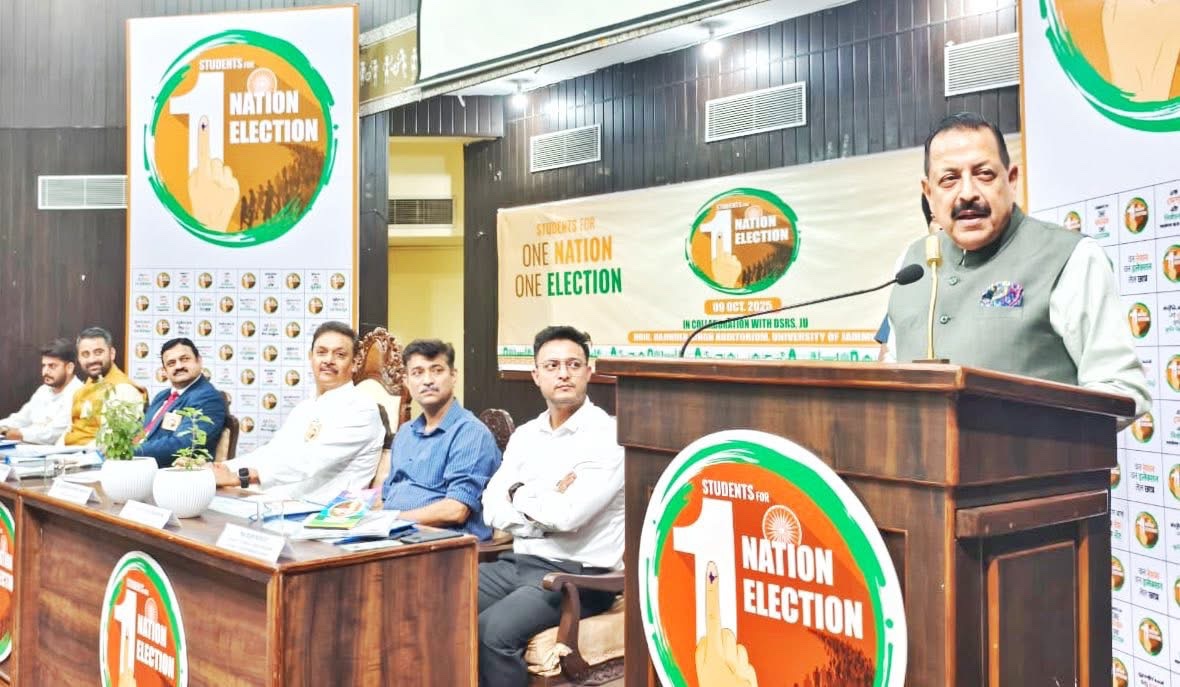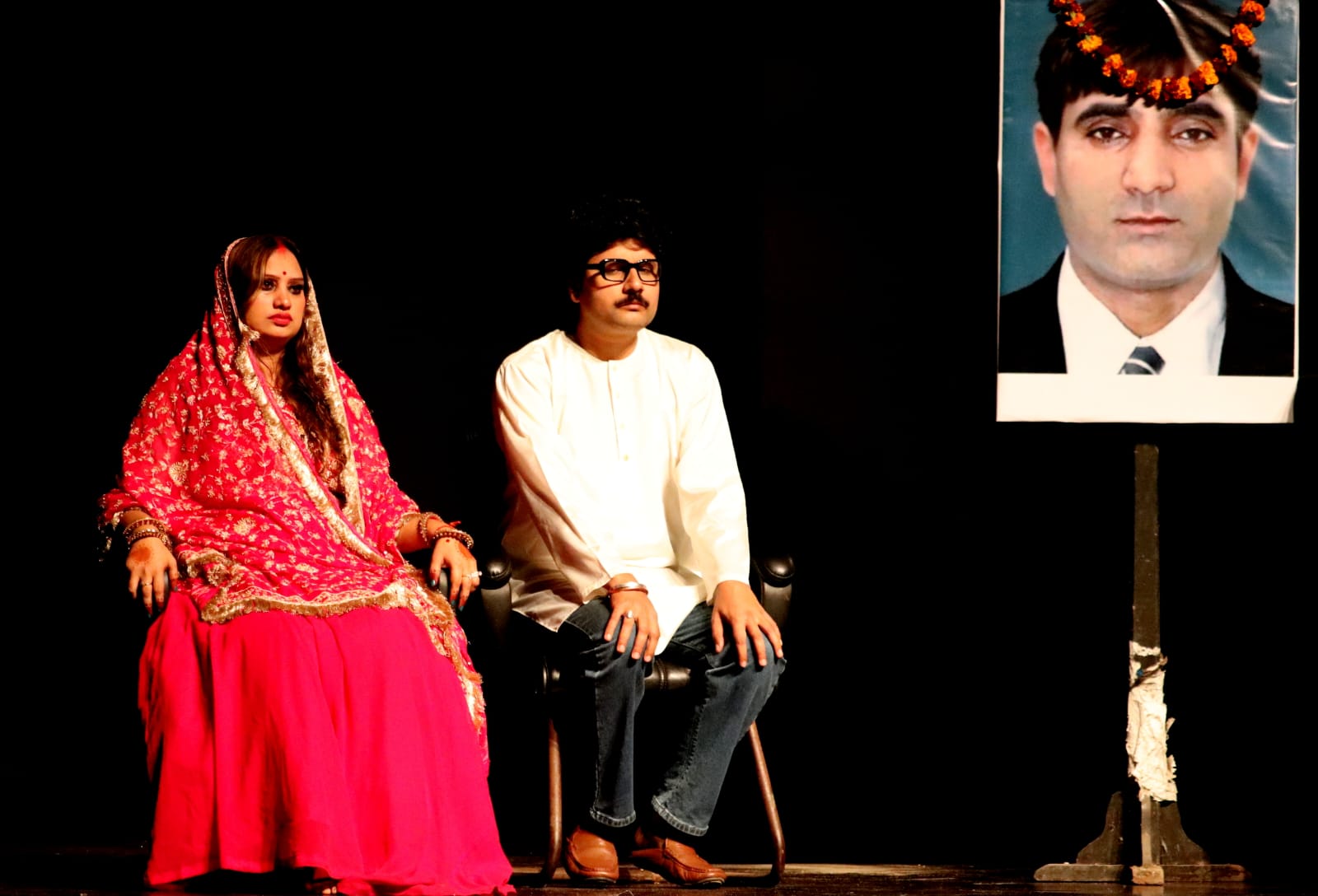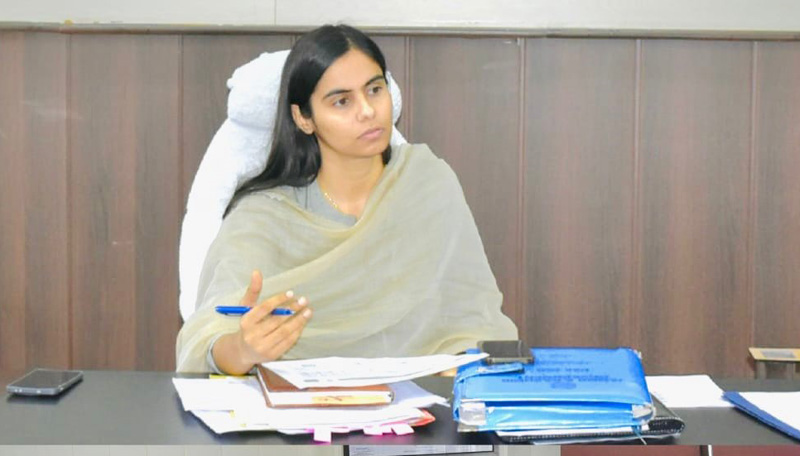Jammu: Union Minister Dr. Jitendra Singh on Thursday said that political parties opposing the concept of ‘One Nation, One Election’ are guided by narrow vested interests, asserting that frequent elections hinder the country’s consistent growth and development.
Speaking at a programme titled ‘Students for One Nation, One Election’ at the University of Jammu, Dr. Singh emphasized that uninterrupted growth requires a stable and time-bound electoral system. “Frequent elections cause policy paralysis and drain resources,” he said.
Citing the example of the United States, the minister noted that the presidential election there is never advanced before the completion of a four-year term, even under extraordinary circumstances. “When President John F. Kennedy was assassinated, Vice President Lyndon Johnson completed the remaining term, and when Richard Nixon resigned, Vice President Gerald Ford took charge—but a mid-term election was never contemplated,” he said.
Advocating for simultaneous elections to the Lok Sabha and state assemblies, the Minister of State in the Prime Minister’s Office said that the time has come to implement ‘One Nation, One Election’, calling it a “transformative reform in India’s democratic process.”
Dr. Singh informed that the committee headed by former President Ram Nath Kovind had submitted its report, noting that over 80 per cent of citizens support simultaneous polls. “The committee gathered extensive public and political feedback and consulted experts to evaluate both the advantages and challenges of the proposal,” he added.
Highlighting the drawbacks of frequent elections, the minister said they have resulted in “policy paralysis, financial waste, and the rise of a culture of freebies and opportunism,” adding that such elections also tend to “corrupt the voter.”
He accused some political parties of opposing the reform for their own gain, saying, “The constant cycle of elections diverts focus from governance and development, as parties remain engaged in campaign mode rather than serving the people.”
Urging students to study and debate the benefits of the proposal, Dr. Singh said youth have historically been the driving force behind revolutions. “Those under 40 constitute over 70 per cent of India’s population—they are the opinion makers and future leaders, the architects of Viksit Bharat,” he said.
He added that the last decade under Prime Minister Narendra Modi has witnessed the “democratisation of opportunities,” with policies enabling youth to access resources and financial support to launch their own ventures, thereby contributing to job creation and national growth.













